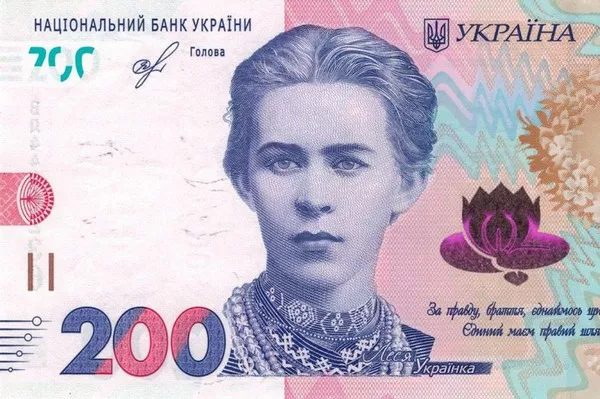The pound sterling, often referred to simply as the pound, has been a key player in the global financial landscape for centuries. As the official currency of the United Kingdom, it holds a unique position in the international currency market. However, like any currency, the pound is not immune to risks, and its value can be influenced by a myriad of factors. In this article, we will delve into the dynamics that contribute to the perception of the pound as a risk currency.
Historical Context:
To understand the current status of the pound as a risk currency, it is essential to examine its historical context. The pound has a rich history and has played a significant role in global trade and finance. The United Kingdom’s colonial past and its status as a financial hub have contributed to the pound’s prominence. However, historical events, such as the UK’s decision to exit the European Union (Brexit), have introduced new uncertainties.
Brexit and Political Uncertainty:
One of the primary factors that have contributed to the pound being viewed as a risk currency is the uncertainty surrounding Brexit. The decision of the UK to leave the European Union in 2016 had immediate and lasting effects on the pound. The prolonged negotiations, political wrangling, and the eventual departure introduced volatility into the currency market.
Political uncertainty continues to cast a shadow on the pound’s stability. Changes in government, shifts in policy, and geopolitical tensions all contribute to an environment where investors perceive increased risk. The pound’s value often reacts to political developments, making it susceptible to sudden fluctuations.
Economic Indicators and Performance:
Beyond political factors, economic indicators play a crucial role in determining the pound’s risk profile. Factors such as GDP growth, inflation rates, and employment figures all contribute to the overall economic health of the United Kingdom. Economic downturns or unexpected negative data can lead to a decline in the pound’s value.
Moreover, the Bank of England’s monetary policy decisions, including interest rate changes, influence investor sentiment. Higher interest rates can attract foreign capital, leading to an appreciation of the pound. Conversely, lower rates may result in depreciation. The unpredictability of economic indicators and the central bank’s decisions contribute to the perception of the pound as a risk currency.
Trade Balance and External Factors:
The UK’s trade balance is another critical element affecting the pound’s risk profile. A trade deficit, where the value of imports exceeds exports, can put downward pressure on the currency. External factors, such as global economic conditions and trade tensions, also play a role. For instance, uncertainties surrounding international trade agreements or disruptions in global supply chains can impact the pound’s value.
Market Sentiment and Speculation:
Market sentiment and speculative activities further contribute to the pound’s risk profile. Traders often react to news and events, sometimes overreacting to short-term developments. This speculative behavior can result in rapid and unpredictable movements in the currency markets. The pound’s susceptibility to such sentiment-driven volatility adds an element of risk for investors and businesses involved in currency transactions.
See also Does Inflation Cause A Weak Pound?
Conclusion:
In conclusion, the pound sterling is not immune to risks, and its status as a risk currency is influenced by a combination of historical, political, economic, and external factors. The lingering effects of Brexit, political uncertainty, economic indicators, trade balances, and market sentiment all contribute to the perception of the pound as a currency with inherent risks.
Investors and businesses engaged in activities involving the pound must carefully consider these factors and employ risk management strategies to navigate the currency’s potential volatility. While the pound’s historical significance and the UK’s economic strength provide a solid foundation, the dynamic nature of the global financial landscape requires a nuanced understanding of the factors influencing the pound’s value.


